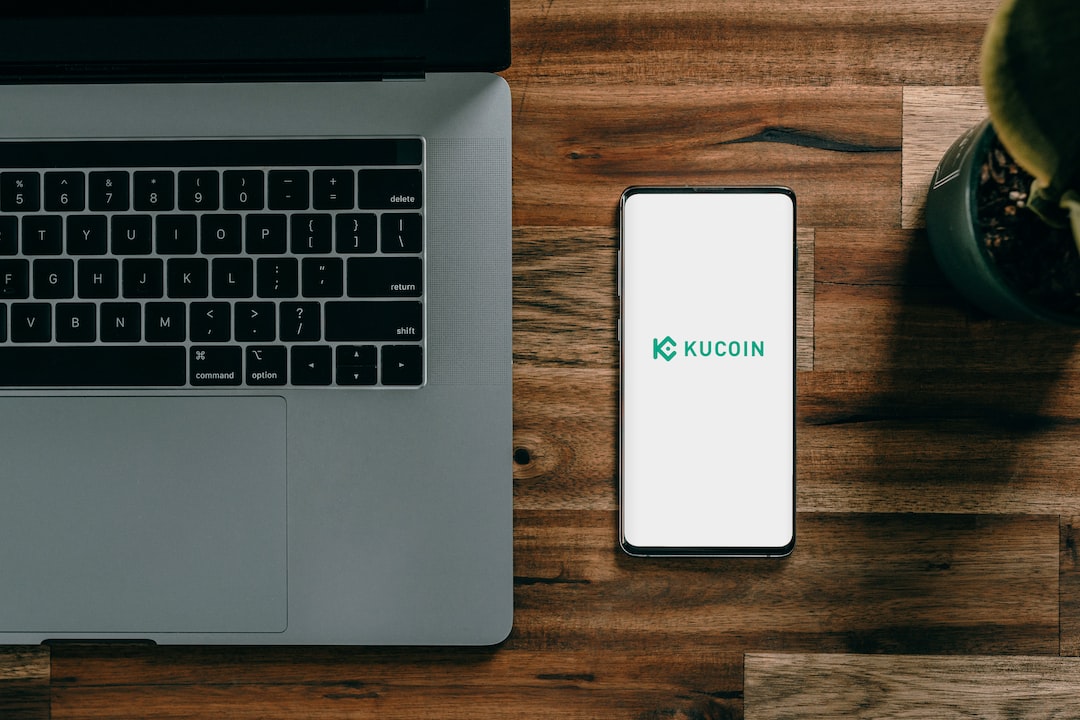Is ChatGPT A New Educational Paradigm?
OpenAI’s groundbreaking technology, ChatGPT, is revolutionizing online learning and promising a transformative shift in educational approaches. However, as this technology rises in popularity, it also raises ethical concerns and integrity issues within the education system. A recent research paper titled “Transformative Effects of ChatGPT on Modern Education: Emerging Era of AI Chatbots” highlights the opportunities and risks associated with generative AI, specifically ChatGPT, in education.
The Classroom Conundrum: Innovation vs Integrity
Educators worldwide are faced with a dilemma when it comes to ChatGPT. While its ability to rapidly generate high-quality content is advantageous, there are concerns about its misuse in academic settings. Unlike search engines, ChatGPT lacks direct source referencing, making it difficult to verify information and potentially compromising academic integrity.
Online Learning’s New Frontier
ChatGPT has had a significant impact on redefining online education. Platforms like Coursera are leveraging AI to enhance error detection in assignments, and ChatGPT’s unique content creation capabilities are revolutionizing teaching methods. This shift extends beyond academia and is disrupting traditional business models within the education sector.
Navigating Ethical and Business Implications
The adoption of ChatGPT in content creation presents a challenge in balancing innovation with ethical considerations. As this technology reaches a critical stage of development, it requires a nuanced approach to ensure academic integrity and authenticity are maintained. Content creators and educational businesses are reevaluating their reliance on traditional AI tools due to the advanced capabilities of ChatGPT.
Practical Applications in Education
ChatGPT offers practical solutions in education beyond theoretical applications. It proves effective for curriculum development, language acquisition support, and facilitating active learning in flipped classrooms. The COVID-19 pandemic highlighted the need for efficient and engaging tools in digital learning, and ChatGPT is well-suited to fill this gap.
Conclusion
The journey of the education sector with ChatGPT requires a balanced approach. While embracing the advantages of AI in education, it is crucial to address the associated challenges. This technological revolution has the potential to enhance the learning experience but must be navigated with a focus on maintaining academic integrity.
Hot Take: The Promise and Peril of ChatGPT in Education
ChatGPT’s emergence in education has sparked excitement and concern simultaneously. Its transformative potential is undeniable, but the ethical dilemmas surrounding its use must be carefully navigated. As educators and institutions integrate ChatGPT into their teaching practices, they must strike a balance between innovation and upholding academic integrity. By leveraging its capabilities responsibly, ChatGPT could redefine how we approach online learning and create new educational opportunities. However, it is crucial to address the risks associated with misinformation and plagiarism to ensure a sustainable and trustworthy educational paradigm.





 By
By
 By
By
 By
By
 By
By
 By
By
 By
By